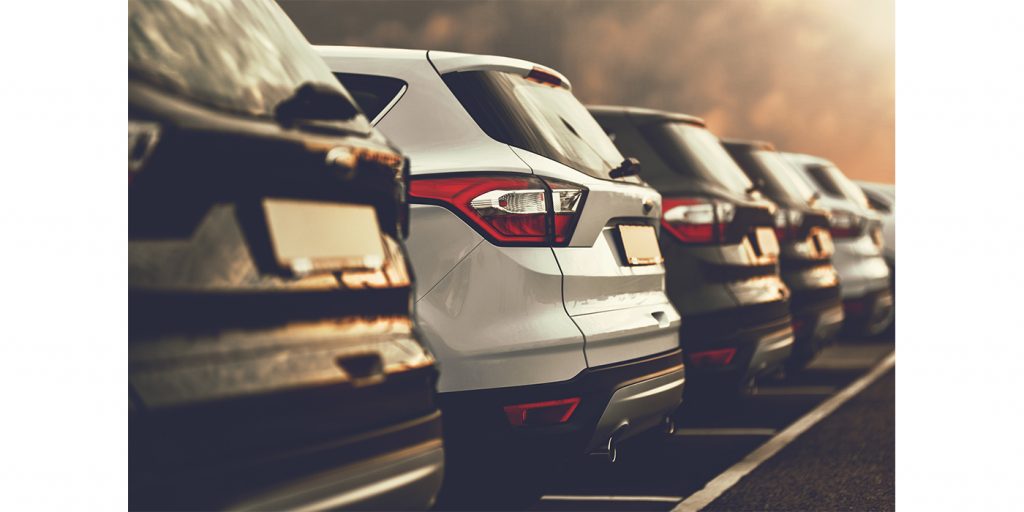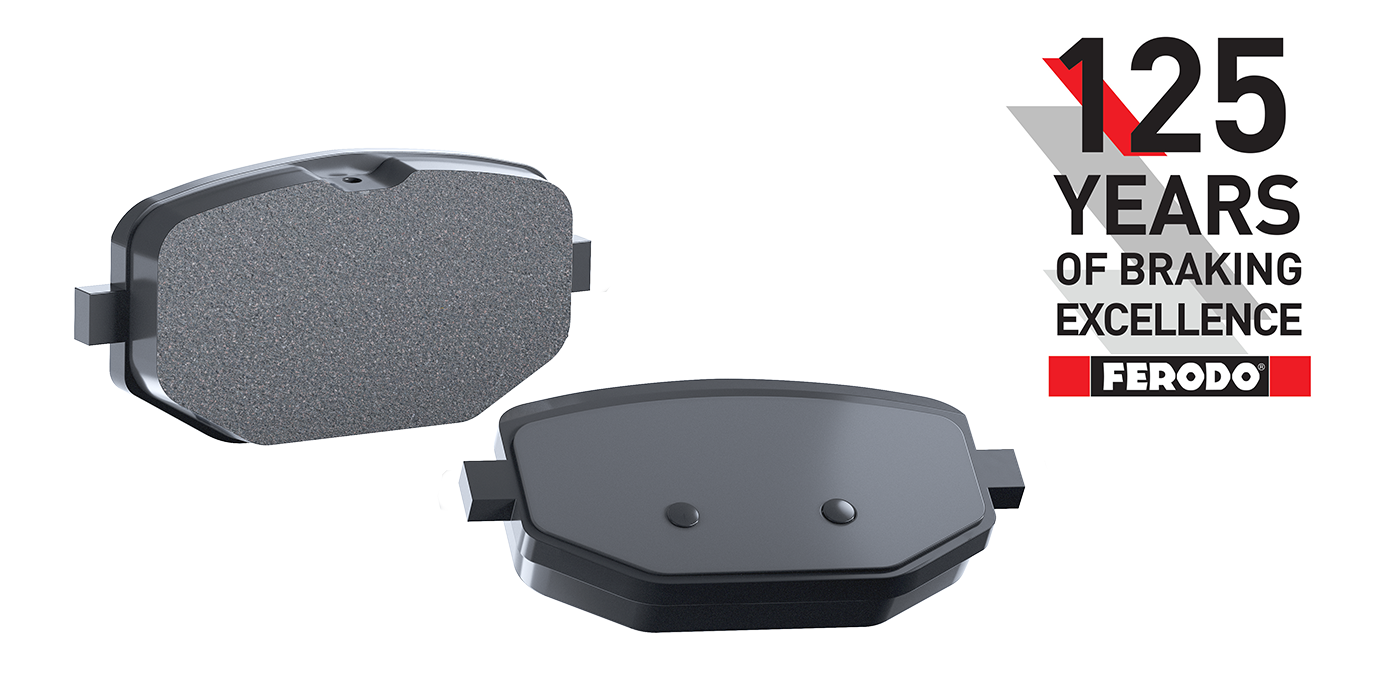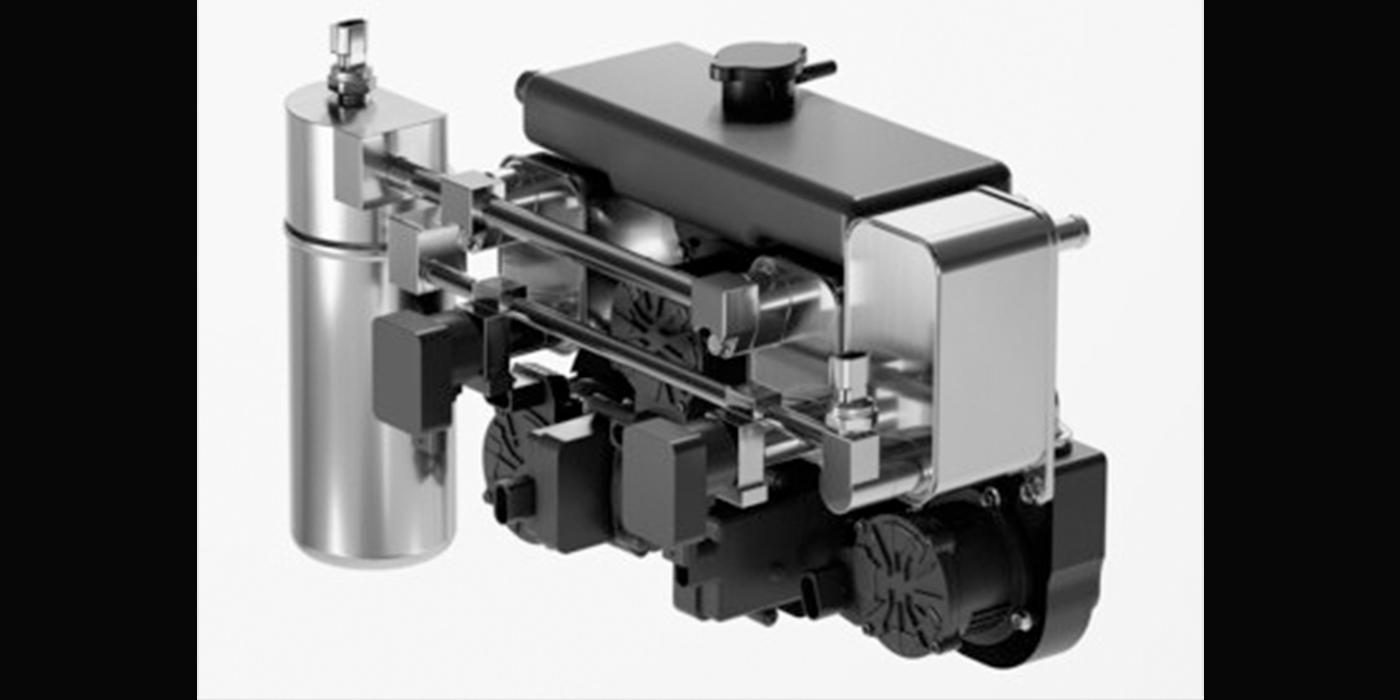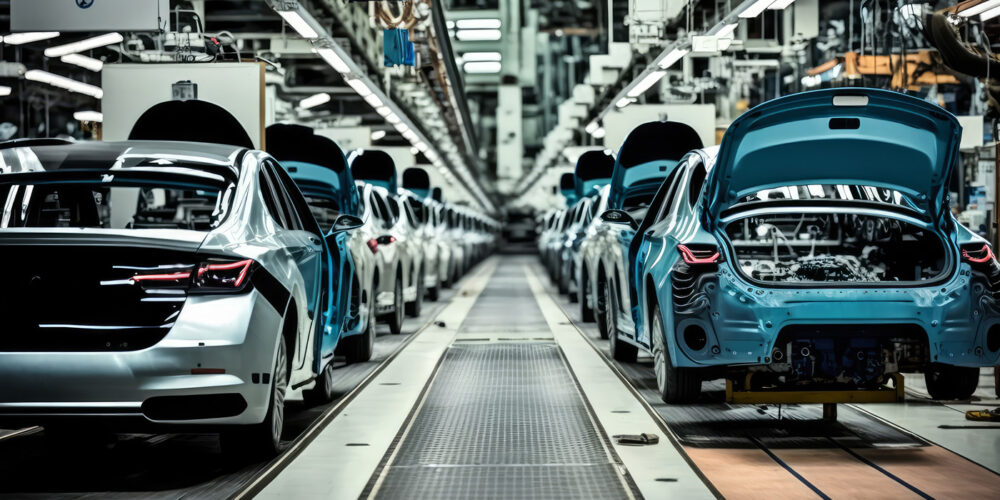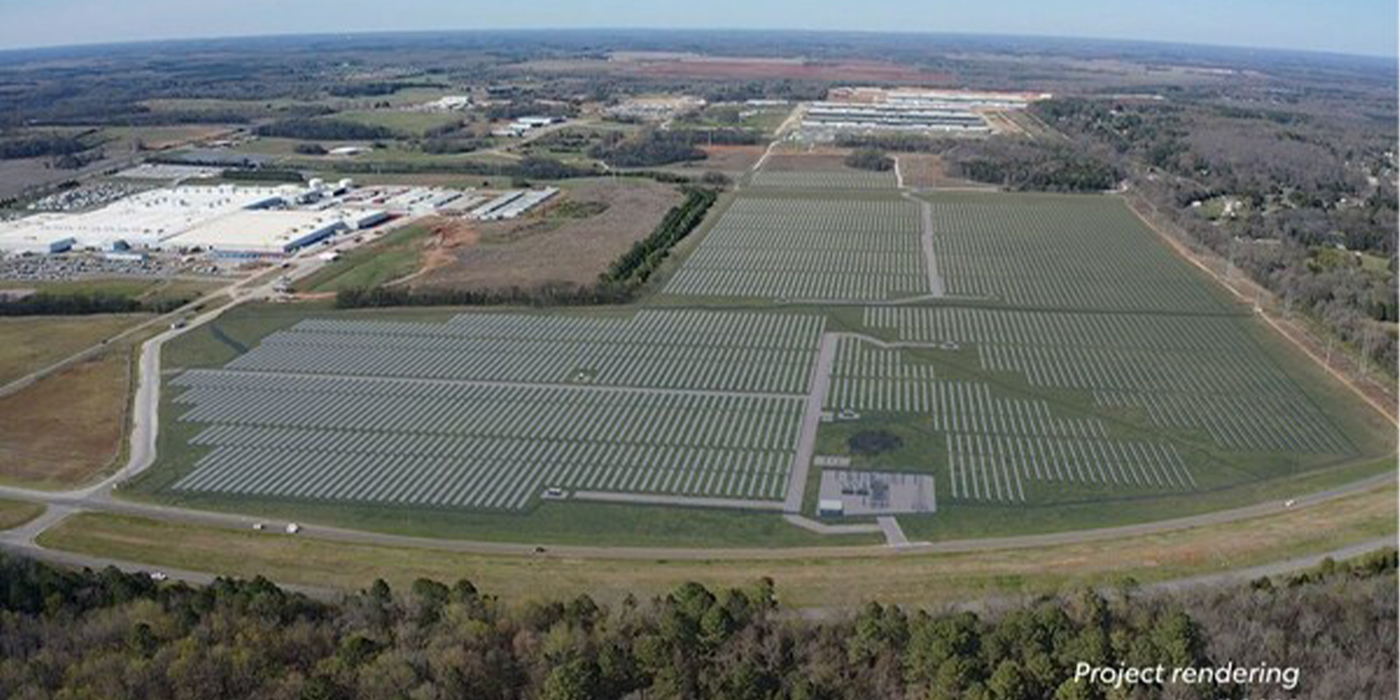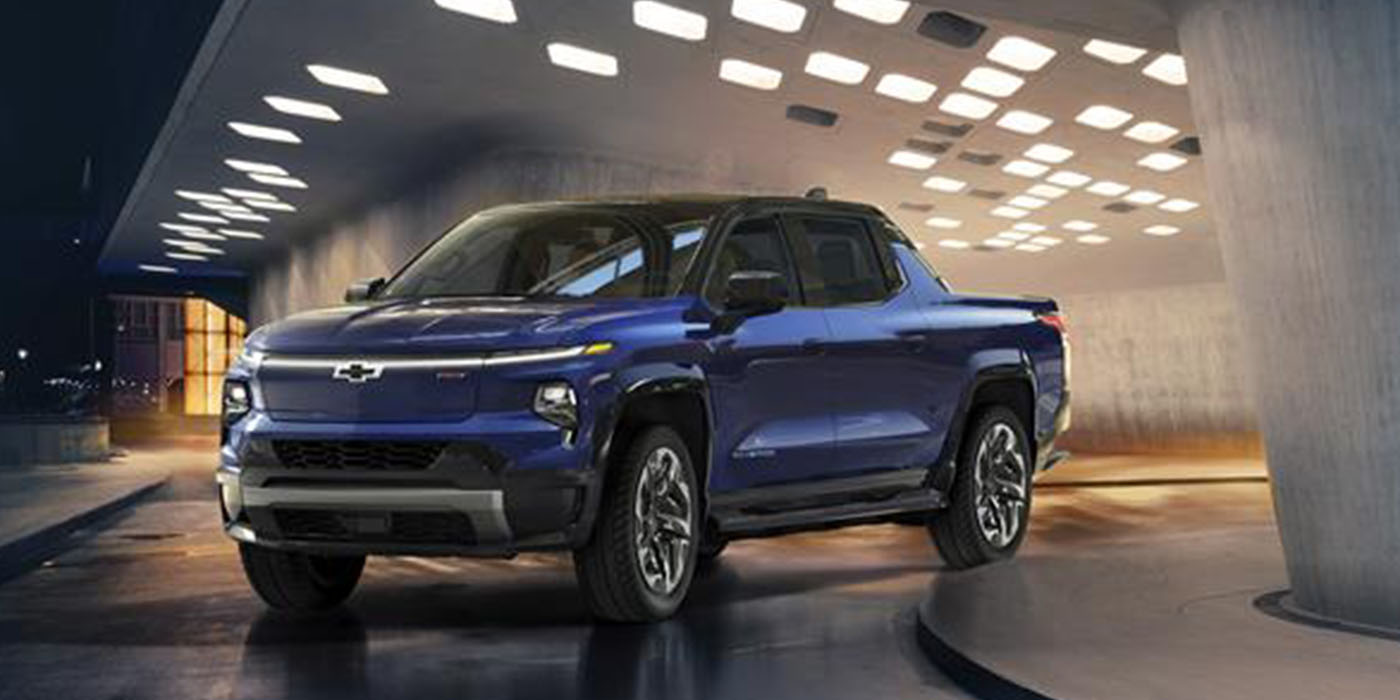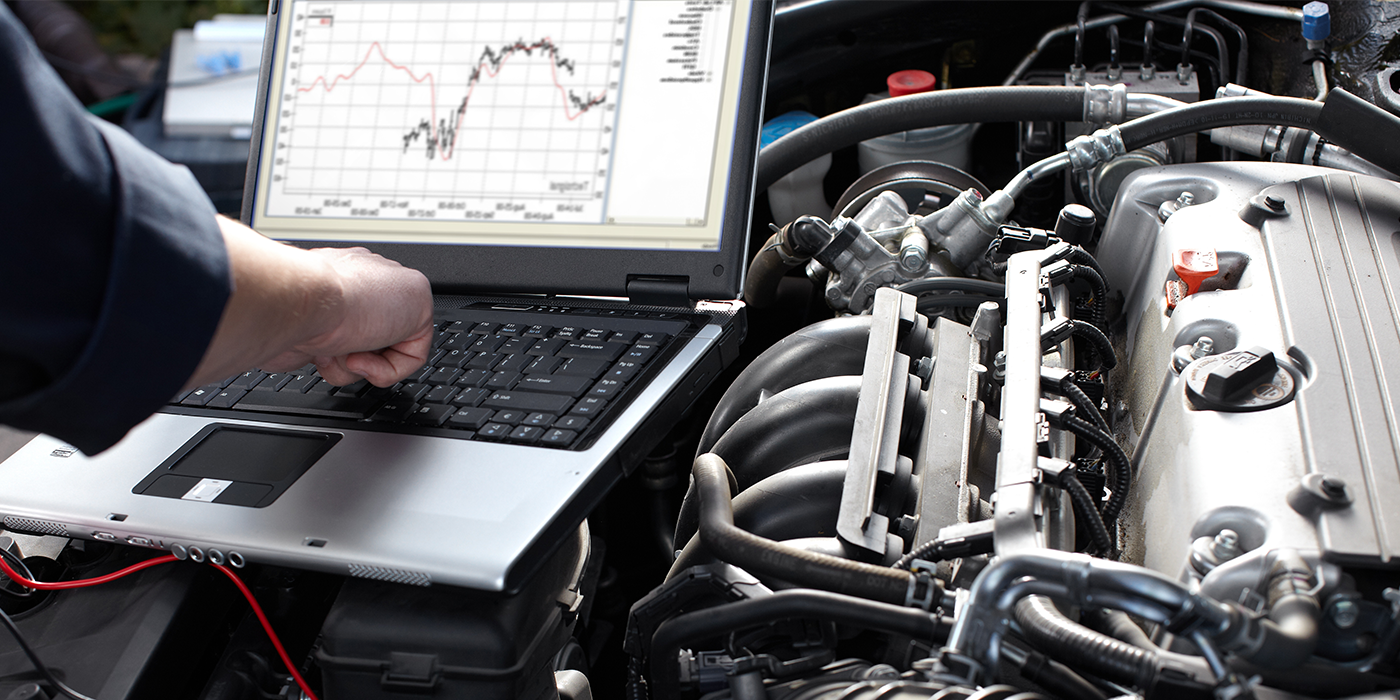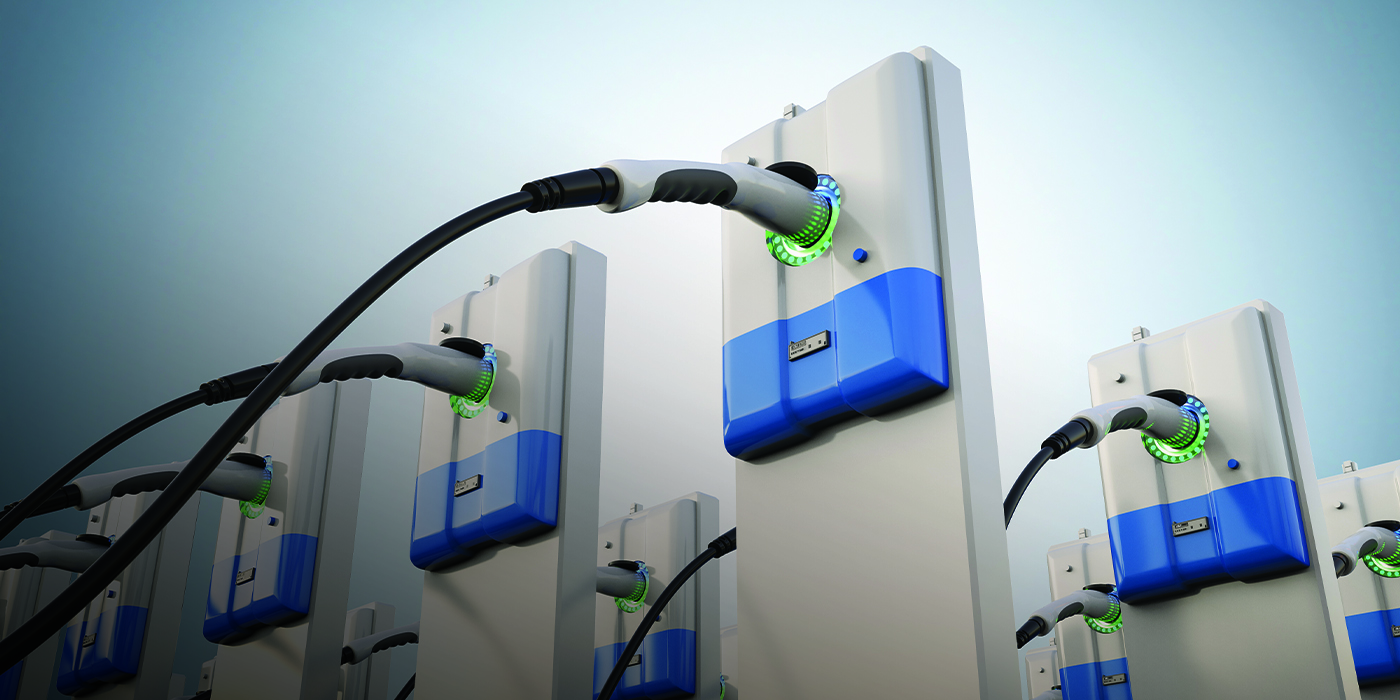The J.D. Power 2020 U.S. Resale Value Awards, recognizing the best resale value across 25 model-level vehicle segments following three years of ownership, were announced today. This is the third year J.D. Power has given these awards, which are based transaction data using customer insights. Included in this list is the model with the best overall resale value, the GMC Sierra 3500.
“Our transaction database shows which models have the lowest depreciation costs, hence providing consumers with a key component in the total cost of ownership of the vehicle they plan to purchase or sell,” said Jonathan Banks, vice president & general manager of vehicle valuations at J.D. Power. “Currently, wholesale prices remain strong and we expect prices will be greater than pre-virus levels by year’s end. However, given the volatility of the market, it’s more important for consumers to factor this information into their purchase decision.”
Model-Level Resale Value Awards
Honda and Toyota receive the most model-level awards, each with five. They are followed by Lexus (four model-level awards) and Chevrolet and Dodge, each with two model-level awards. The GMC Sierra 3500 has the best resale value in the industry.
Honda: Honda Accord; Honda Civic; Honda Fit; HR-V; and Honda Odyssey
Toyota: Toyota 4Runner; Toyota 86; Toyota Prius v; Toyota Tacoma; and Toyota Tundra
Lexus: Lexus GS; Lexus LX; Lexus NX; and Lexus RX
Chevrolet: Chevrolet Corvette and Chevrolet Tahoe
Dodge: Dodge Challenger and Dodge Charger
Other models that rank highest in their respective segments are Audi Q3, Genesis G90, GMC Sierra 3500, Infiniti Q60, Jeep Wrangler, Mercedes-Benz B-Class and Porsche Cayman.
For the 2020 award process, 270 vehicle models were evaluated using a sample of more than 592,000 transactions with an average of 2,200 data points assessed on each vehicle. The award selection process utilizes used vehicle wholesale prices, which represent how much a dealer pays for a used vehicle. These prices are then divided by the vehicle’s original purchase price. These calculations are based on wholesale records from May through September 2020 for vehicles that are three years old. For the 2020 calculation, 2017 is the applicable model year.

